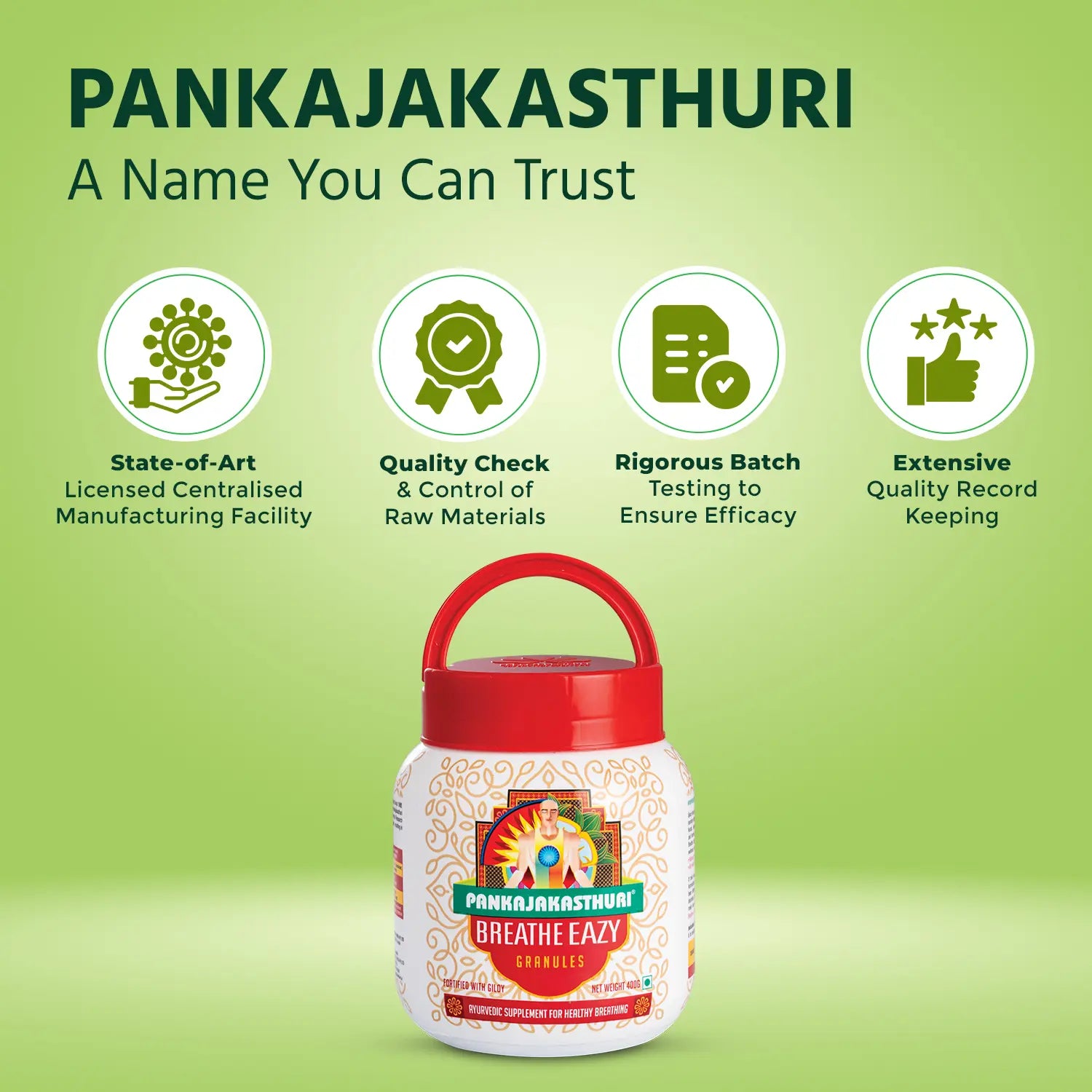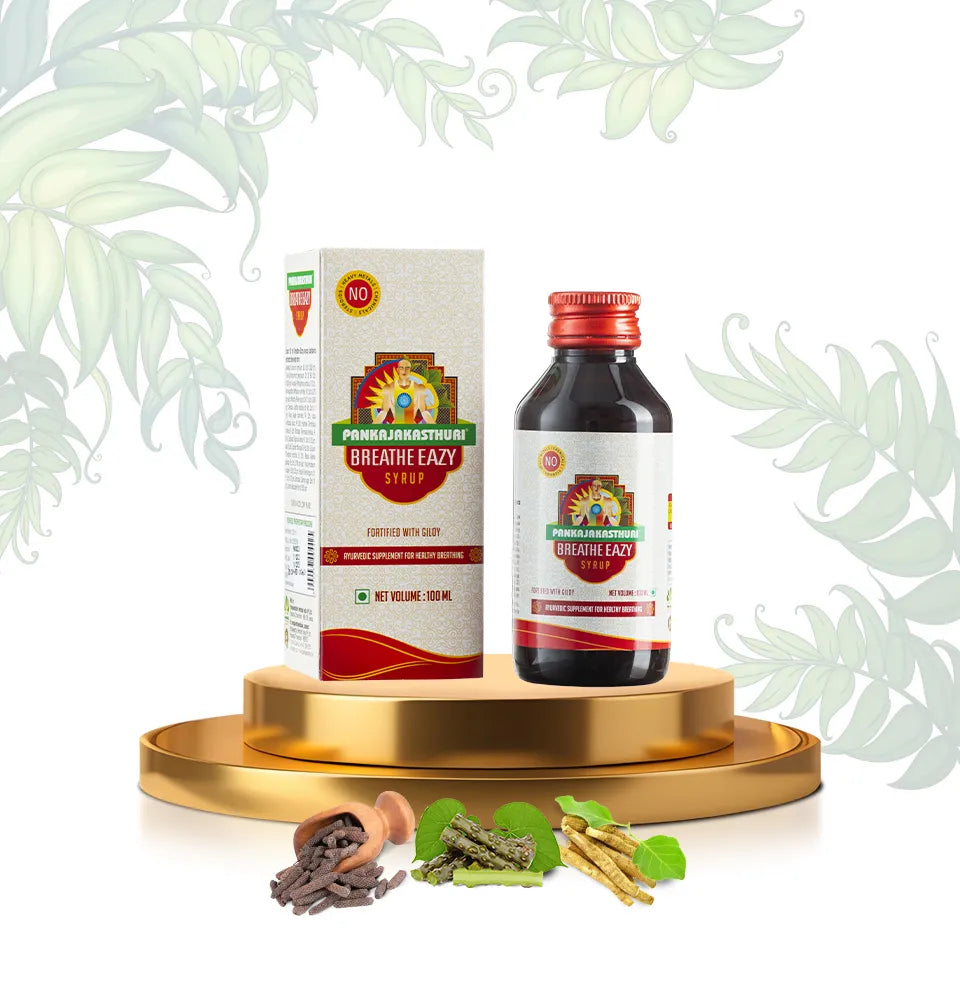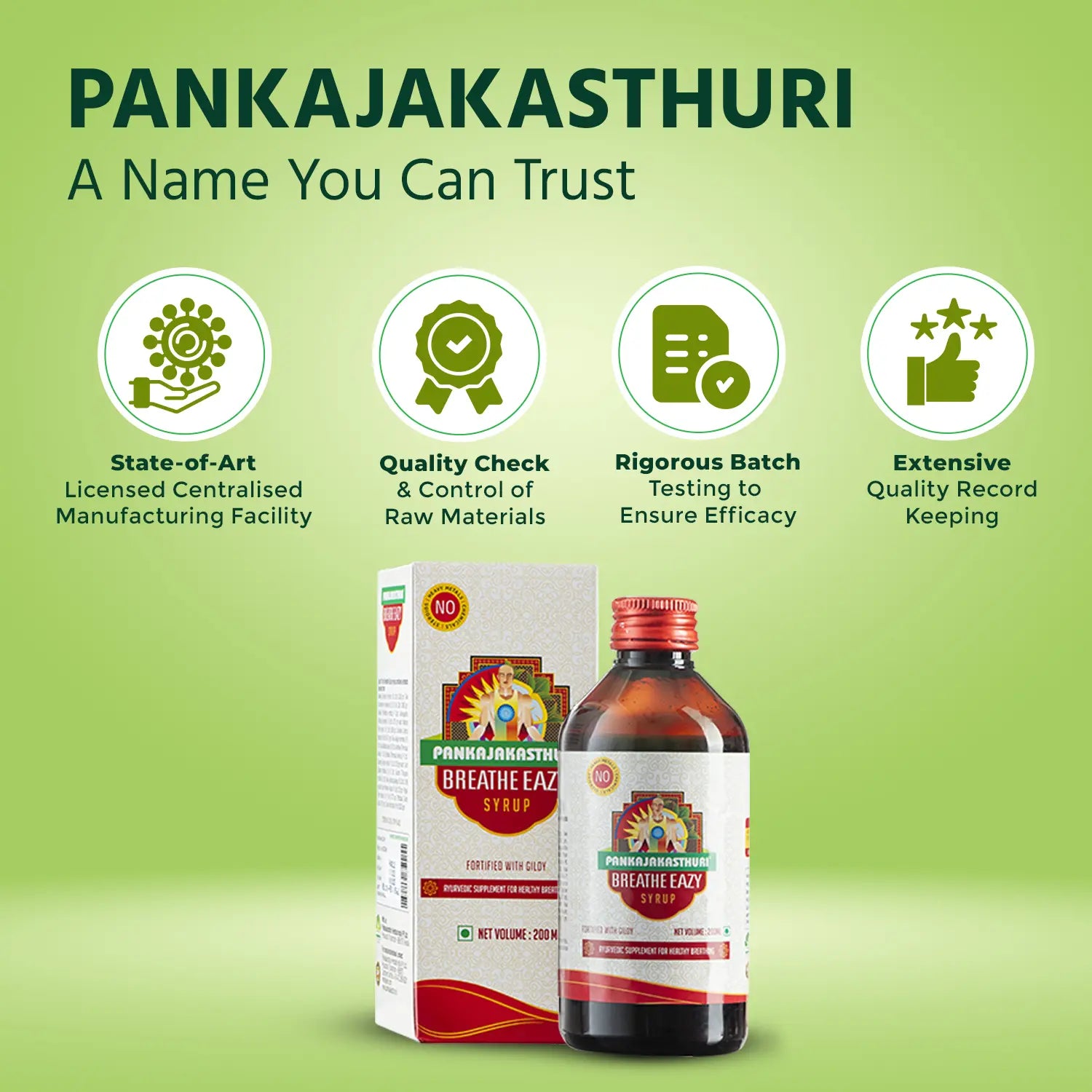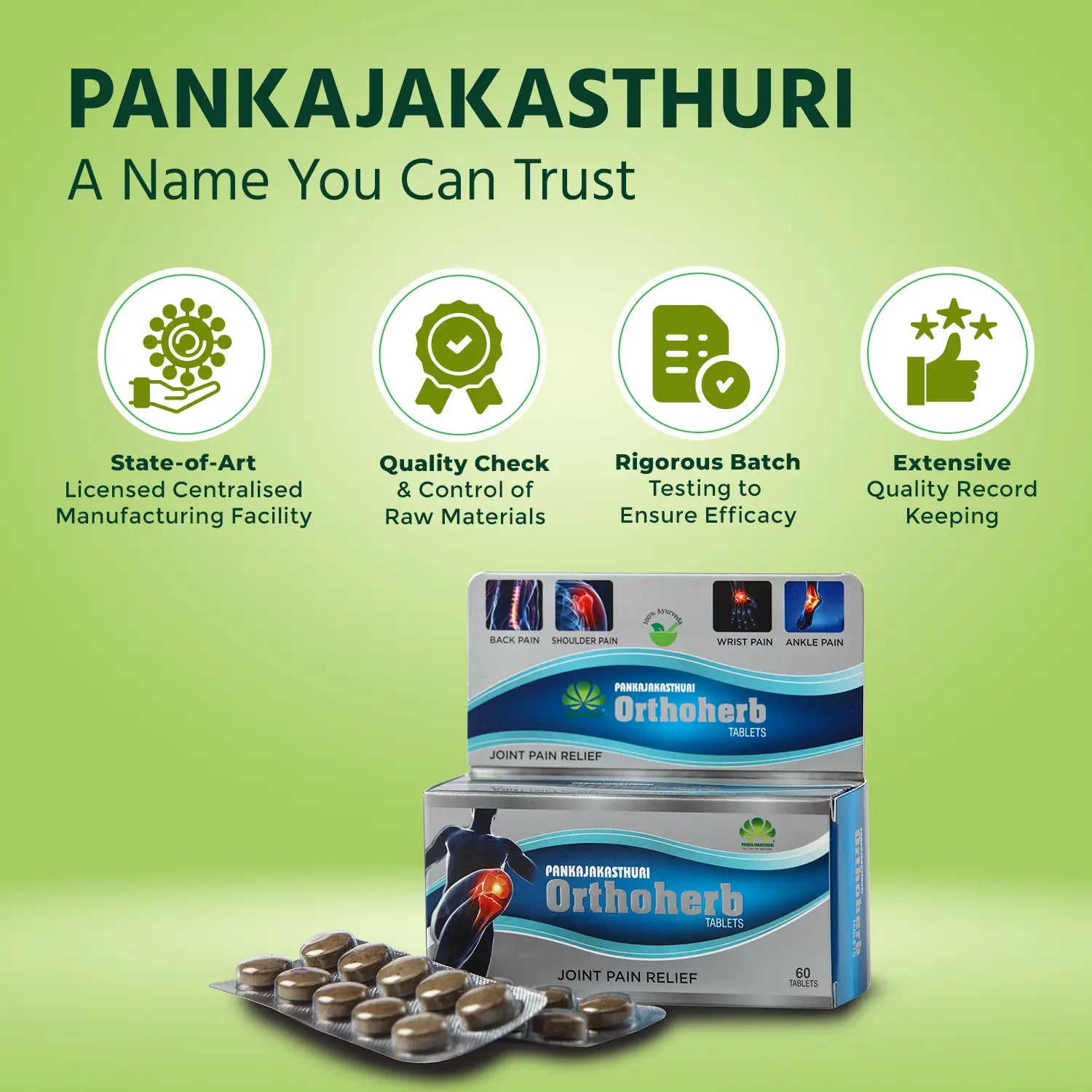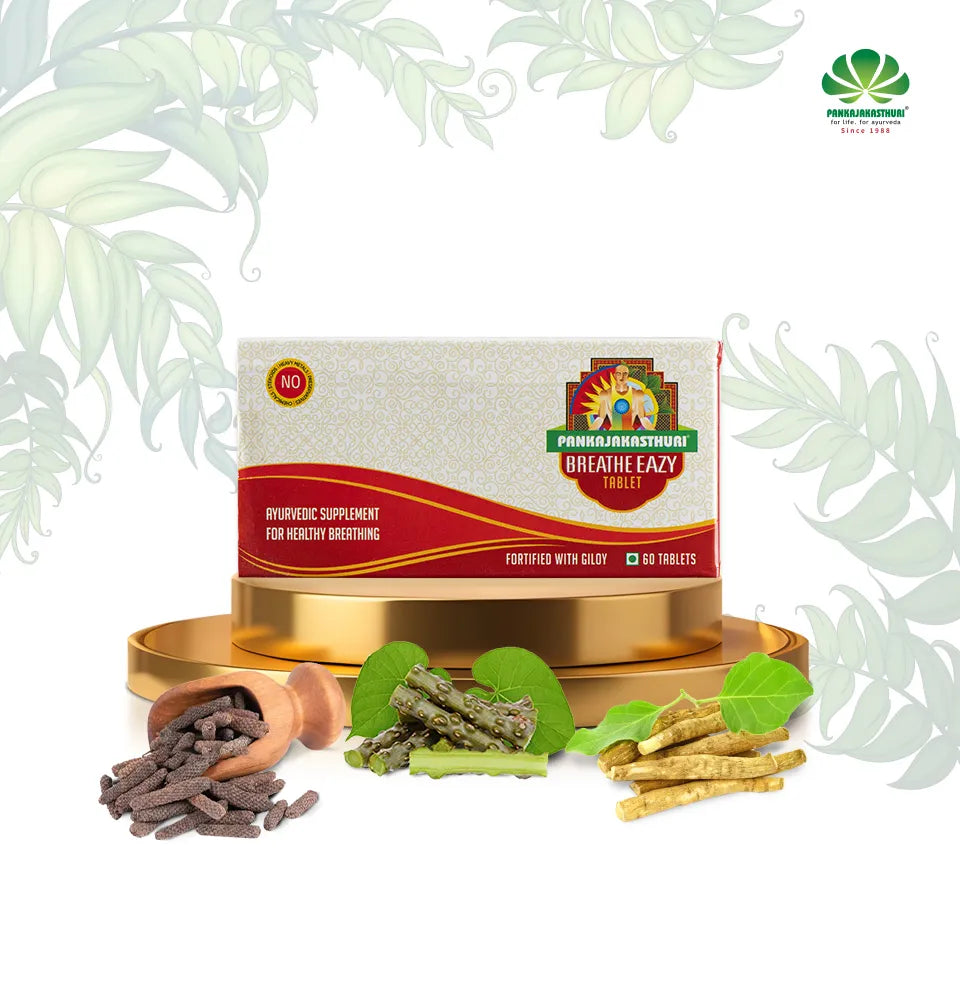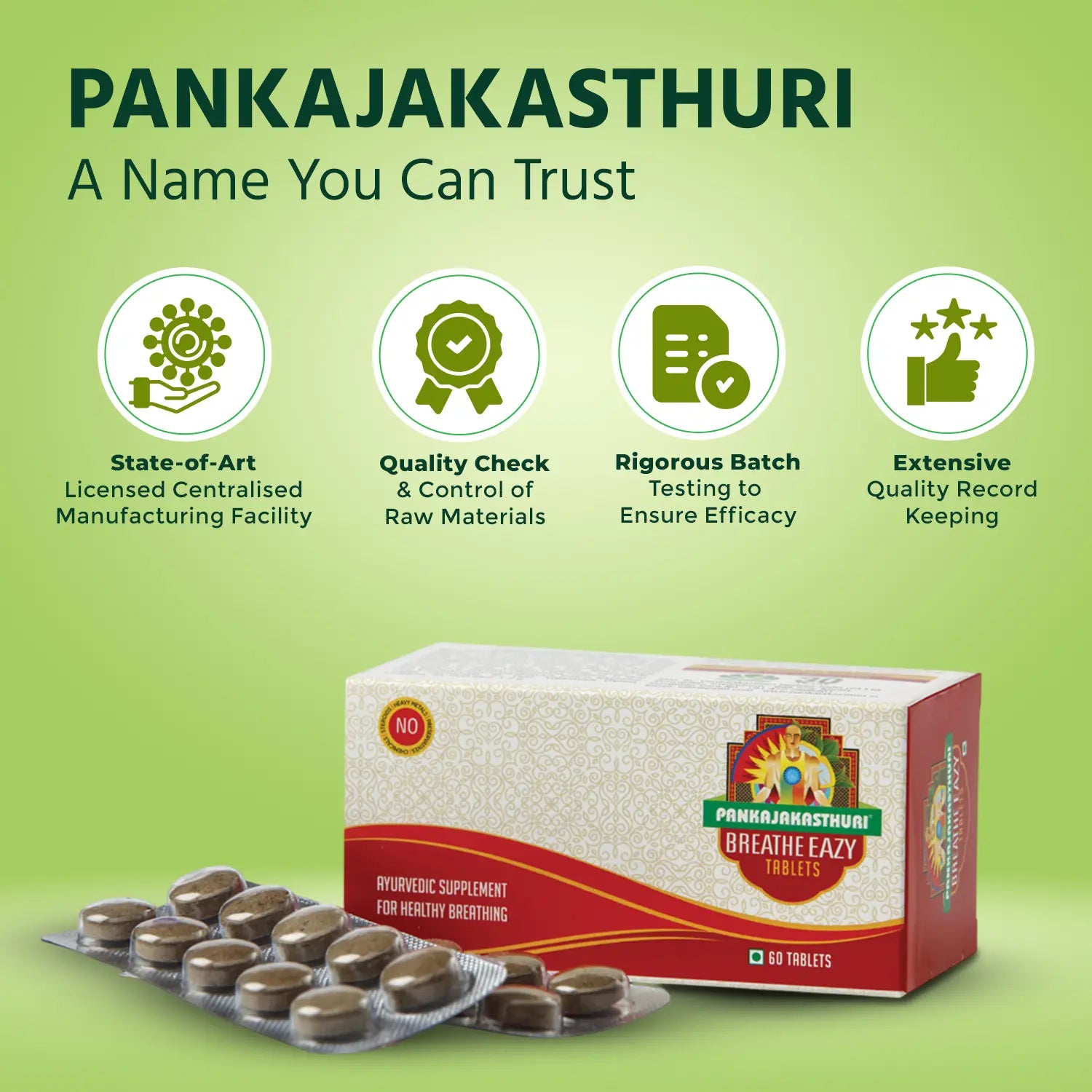
Understanding Autoimmune Diseases: An Integrative Approach with Ayurveda and Modern Science

What is Autoimmune Disease?
Autoimmune diseases occur when the body’s immune system mistakenly attacks its own healthy tissues, mistaking them for harmful invaders. These disorders can affect nearly any organ system and are typically chronic in nature.
They are categorized into:
- Organ-specific: e.g., Type 1 diabetes, Hashimoto’s thyroiditis
- Systemic: e.g., Lupus, Rheumatoid arthritis
Why Are Autoimmune Diseases Increasing?
Lifestyle changes such as sedentary habits, processed diets, chronic stress, and environmental toxins have contributed to the rise in autoimmune conditions. Factors like gut health imbalance and the hygiene hypothesis also play key roles. Genetic predisposition further increases susceptibility.
Common Autoimmune Conditions and Their Impact
- Rheumatoid Arthritis: Painful joint inflammation
- Multiple Sclerosis: Nerve cell damage causing weakness and coordination issues
- Type 1 Diabetes: Immune system attacks insulin-producing cells
- Inflammatory Bowel Disease (Crohn’s, Ulcerative Colitis): Digestive tract inflammation
- Lupus, Psoriasis, Graves’ disease, Hashimoto’s: Multi-organ effects
Recognizing Early Symptoms
Common early signs of autoimmune disease include:
- Chronic fatigue
- Joint pain or swelling
- Digestive issues
- Skin rashes
- Hair loss
- Low-grade fever
- Brain fog or memory issues
In Ayurveda, these are linked to dosha imbalances—Vata (dryness, stiffness), Pitta (inflammation), and Kapha (lethargy, swelling).
Uncovering Root Causes
Functional medicine and Ayurveda identify key contributors to autoimmunity such as:
- Leaky gut syndrome
- Chronic infections
- Insulin resistance
- Hormonal imbalances
- Toxin exposure
- Food sensitivities
Ayurveda explains this through Ama (toxins), weak Agni (digestive fire), and dosha aggravation.
The Role of Chronic Stress and Mental Health
Chronic stress alters hormone levels and weakens the immune system. It also triggers inflammation via cortisol and cytokine imbalance. Ayurveda emphasizes that emotional stress weakens Ojas, the vital immunity essence. Practices like yoga, meditation, and pranayama calm the mind and restore balance.
Inflammation: The Underlying Mechanism
Autoimmune diseases result in chronic inflammation due to immune misdirection. For instance:
- Lupus: Inflammation in skin, joints, kidneys
- RA: Joint destruction
- Crohn’s/Colitis: Intestinal lining damage
Ayurveda’s View on Immunity
Immunity in Ayurveda is known as Vyadhikshamatva. It’s governed by:
- Agni: Digestive fire
- Ojas: Vital immunity and resilience
- Ama: Undigested toxins that circulate and lodge in weak tissues
Ayurvedic Treatment for Autoimmune Diseases
Panchakarma is Ayurveda's detox and rejuvenation therapy, consisting of:
- Vamana: Therapeutic vomiting (for Kapha disorders)
- Virechana: Purgation (for Pitta imbalance)
- Basti: Medicated enema (for Vata issues)
- Nasya: Nasal detox (for head/brain involvement)
- Raktamokshana: Bloodletting (for inflammatory/skin conditions)
These are supported by Rasayana (rejuvenation) therapies to rebuild Ojas and prevent relapses.
How to Prevent Autoimmune Diseases
- Eat a balanced, whole-foods diet
- Minimize toxin exposure (chemicals, pollution)
- Reduce stress through meditation and mindfulness
- Ensure proper sleep
- Stay physically active
- Quit smoking and limit alcohol
- Support gut health with prebiotics and probiotics
Herbal Remedies for Autoimmune Healing
- Ashwagandha: Lowers cortisol and stress
- Guduchi (Giloy): Detoxifies and boosts immunity
- Turmeric: Anti-inflammatory and antioxidant
- Triphala: Improves digestion and removes Ama
- Neem: Blood purification and skin healing
- Shatavari: Hormone-balancing and immune-supportive
- Boswellia: Reduces joint inflammation
- Licorice Root: Soothes gut lining and supports adrenals
Best Diet for Autoimmune Disease
Eat Sattvic, fresh, and dosha-appropriate meals. Avoid incompatible foods and processed items. Follow an anti-inflammatory, gut-supportive diet including:
- Colorful fruits and vegetables
- Omega-3 rich fats
- Bone broth, fermented vegetables, and probiotics
- Lean proteins and whole grains
Recommended Lifestyle Practices
- Sleep: Maintain a regular sleep routine
- Pranayama: Practice mindful breathing daily
- Yoga: Gentle asanas like Child’s Pose, Legs-Up-the-Wall
- Abhyanga: Warm oil massage for lymphatic flow and nervous system calm
When to See a Doctor
If you experience unexplained fatigue, digestive problems, joint pain, or neurological symptoms, consult a healthcare professional promptly. Early intervention prevents serious damage and improves outcomes.
Conclusion
Autoimmune diseases are complex but manageable. A combined approach of modern medicine and Ayurvedic healing offers powerful tools for restoring balance. With the right guidance, detoxification, stress management, and lifestyle changes, long-term wellness is achievable.
FAQs
1. How to help someone with an autoimmune disease?
Support them with medical treatment, lifestyle guidance, anti-inflammatory diet, stress management, and emotional encouragement. Regular check-ins with healthcare professionals are essential.
2. What is the main cause of autoimmune diseases?
No single cause exists. It’s a mix of genetic predisposition, infections, environmental toxins, hormonal imbalances, and immune system misregulation.
3. Are autoimmune diseases curable?
Most autoimmune diseases are chronic. While not curable, they can be effectively managed through proper treatment and healthy living.
4. Can stress cause autoimmune disease?
Stress is not a direct cause but can trigger or worsen autoimmune responses by disrupting immune and hormonal balance.
5. What are 5 common symptoms of autoimmune disorders?
- Fatigue
- Joint or muscle pain
- Skin rashes
- Digestive issues
- Brain fog
6. What can trigger autoimmune disease?
Triggers include infections, toxins, hormonal shifts, poor gut health, chronic stress, and certain medications.








